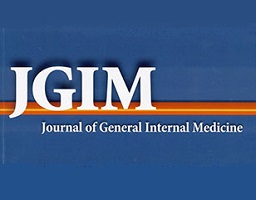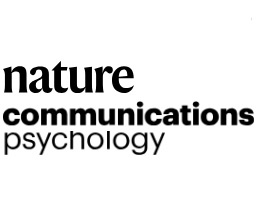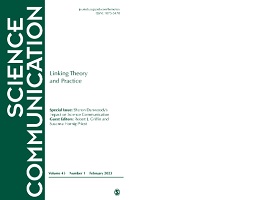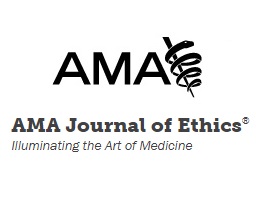Marketers have a choice of what to tell consumers and consumers must consider what they are told or not told. Across 6 experiments, we show that consumers fail to differentiate between deliberate and nondeliberate missing information (strategic naiveté) and make generous inferences when they do notice missing information is deliberately withheld (charitability). We also show how marketers can take advantage of this by withholding information. We investigate both sides to (a) show the effects of interventions to encourage consumers to consider deliberate nondisclosure in a less naïve and charitable fashion, (b) demonstrate when marketers should disclose (or not) if consumers are naïve and charitable (i.e., breakeven points), and (c) explore the reasons marketers give for (non)disclosure and consumers’ thoughts on why information is missing. Consumers respond differently to distinct but theoretically equivalent framings that increase the salience of nondisclosure. Only when nondisclosure was highly salient, and consumers could compare multiple profiles side by side did consumers believe the nondisclosed information to be the worst possible. (PsycInfo Database Record (c) 2020 APA, all rights reserved)
Mind the (information) gap: Strategic non-disclosure by marketers and interventions to increase consumer deliberation.






